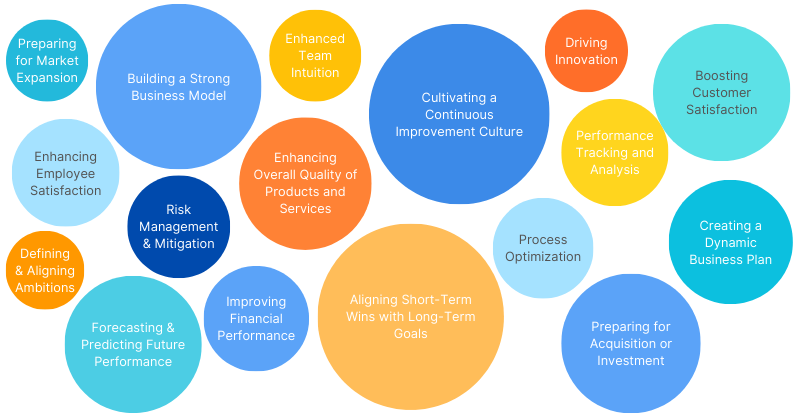
What is damage to reputation?
Master Your Purpose. Own Your Freedom. With ICR.
Reputation refers to the image or perception that a product, brand, person, or organization evokes. Damage to this reputation occurs when the image or perception turns negative.
Reputation is influenced by various factors. Opinions of others can shape the perception of a product, brand, person, or organization. This perception is formed by diverse elements such as communication, behavior, visual presentation, performance, and the interactions between the organization and its stakeholders. When services are delivered as expected, this reflects positively, but deviations can damage the reputation. This is especially true today, as such information can be easily shared globally via social media.
Reputational damage refers to the harm done to the reputation of a product, brand, person, or organization. This can be caused by negative publicity, poor reviews, scandals, incidents, or any other event that adversely affects public perception. Reputational damage can have significant consequences for how an organization is viewed by its stakeholders, including customers, employees, investors, and the broader community. Potential consequences of reputational damage include:
- negative perceptions can lead to a loss of customer trust, causing customers to take their business elsewhere, resulting in revenue loss.
- an organization with a damaged reputation may struggle to attract and retain talent. Prospective employees often do not want to be associated with a company that has a poor reputation.
- for publicly traded companies, reputational damage can lead to a decline in stock prices. Investors are often sensitive to a company's reputation as it can indicate future performance.
- organizations may need to invest significant resources to repair reputational damage, such as through PR campaigns, marketing efforts, and legal costs.
- reputational damage can also lead to legal complications, such as breaches of contract by partners or customers, or lawsuits stemming from the negative event.
- companies with a good reputation often have a competitive advantage. Reputational damage can reduce or even eliminate this advantage, making the organization more vulnerable in the market.
- the trust of all stakeholders, including suppliers, business partners, and the broader community, can be significantly affected by reputational damage. This can lead to weakened relationships and collaboration issues.
Examples of reputational damage
- product recalls, such as when a product defect is discovered, can lead to negative publicity and a loss of trust in the brand.
- ethics and behavior scandals, such as fraud or abuse, can cause severe reputational damage.
- repeated complaints about poor customer service can lead to negative reviews and a decline in customer satisfaction.
The importance of reputational damage for organizations should not be underestimated. A strong reputation is a valuable asset that must be carefully managed and protected. Organizations must take proactive measures to work on and safeguard their reputation. Therefore, it is crucial to respond quickly and effectively to events that may threaten their reputation. Protecting an organization's reputation is key to long-term survival.
Sustainable success through controlled and manageable growth
The ICR Growth & Success SaaS Platform helps people and organizations find balance and peace, through controlled and manageable growth, with the aim of a healthy and sustainably successful organization. We do this through the all-encompassing ICR Cycle.
Being inControl in this process from ambition to result is crucial. Within the ICR Cycle, inControl actually means controlled and manageable growth. The dashboard gives you insight into the current status. In the video below you can see how the dashboard transforms from the moment you start using ICR.
With our 4 ICR subscription options, you can decide for yourself when to fully engage with the entire ICR Cycle. Choose our successful approach and start your process 'from ambition to result' with the more than affordable ICR Ambition Refresher subscription.
General applications of the ICR Growth & Success SaaS Platform
The ICR Growth & Success SaaS Platform addresses a wide range of business needs, making it a versatile tool for organizations striving for sustainable success. Below is an overview of its general applications, along with the added value it provides for businesses and organizations.
Learn more about the general applications of the ICR Growth & Success SaaS platform.


